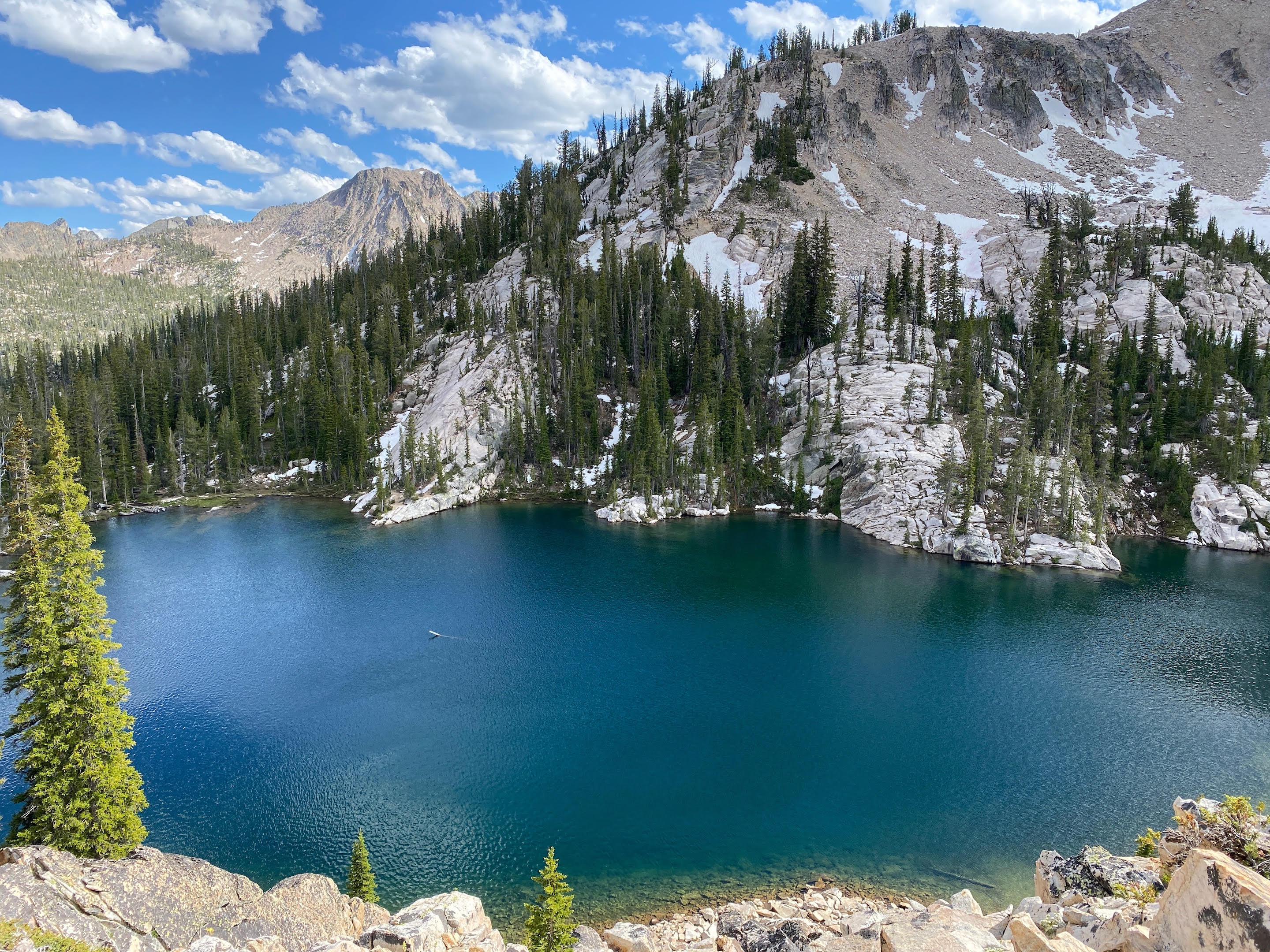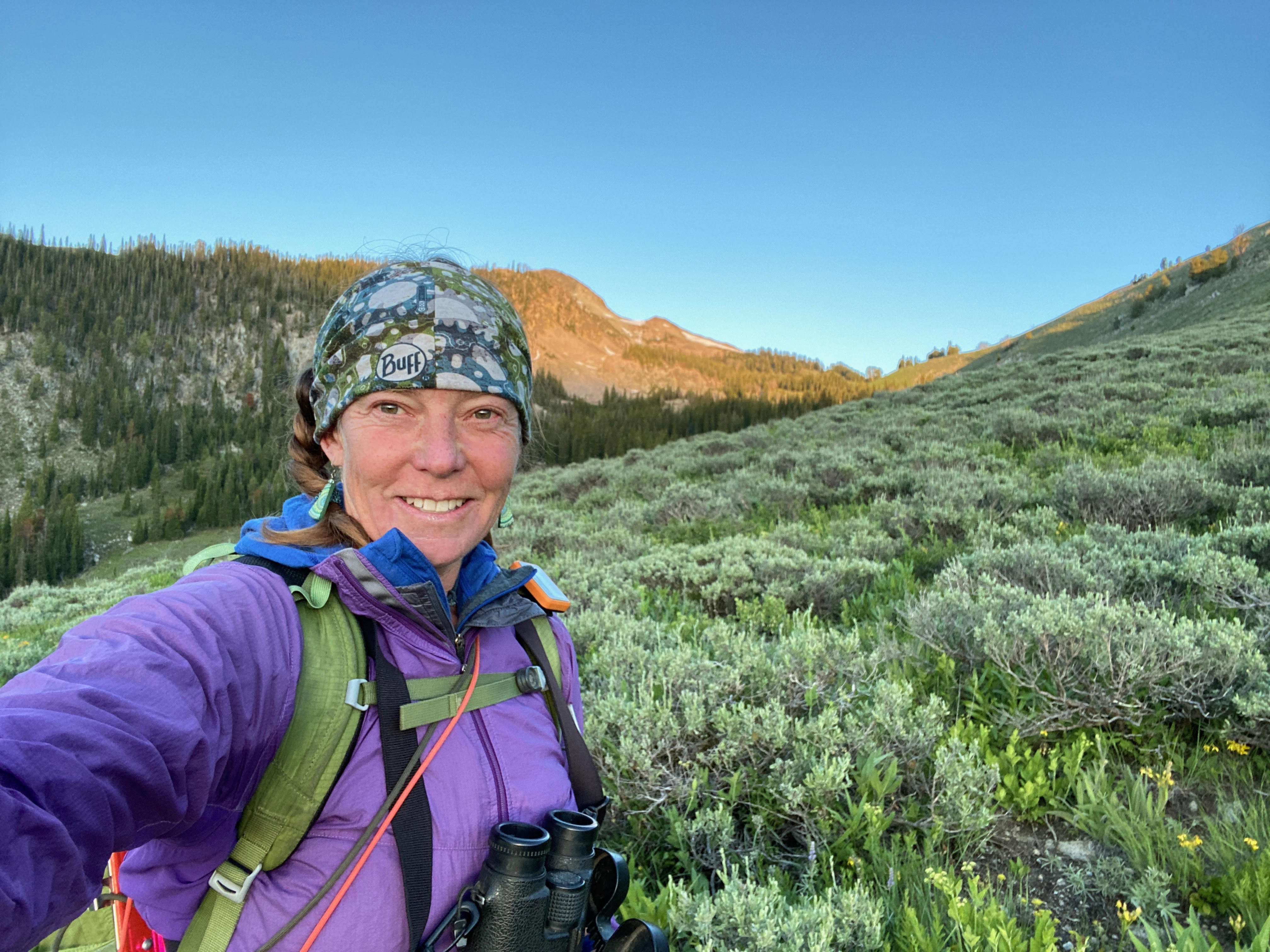AVIAN FIELD TECHNICIANS (approx. 8-10) are needed for a large-scale study of breeding landbirds across Montana. The field effort is in support of the multi-state Integrated Monitoring Bird Conservation Region (IMBCR) program. (For more info see IMBCR Program at https://www.birdconservancy.org/what-we-do/science/monitoring/imbcr-program/). Field technicians are needed to start approximately May 9 or 16 and work through ~July 10-16 (Start and end dates may shift, depending on project and location). Work duties consist of using the Integrated Monitoring in Bird Conservation Regions (IMBCR) protocol to conduct daily statewide standardized avian point-count surveys, vegetation (bird habitat) evaluations, and complete field data entry. Technicians will identify 150+ bird species while working across a potential wide variety of habitats including grassland, sagebrush steppe, riparian, pinyon-juniper, montane coniferous forest, and alpine. Technicians are typically stationed in different regions of the state dependent on their experience and interest.
Description
Salary: Pay rate is equivalent to $17.75-19.50/hr depending on experience
Location: Idaho and Utah, statewide
Last Date to Apply: 04/30/2022
FLSA Status: FULL TIME / SALARIED / EXEMPT

Qualifications
- Ability to identify 150+ species of western birds primarily by sound and sight
- Ability to work independently (alone ≥90% of the time) in remote areas for entirety of the field season
- Ability to camp and work early hours, often without phone service or facilities, and change work sites on a daily basis. Fieldwork may include some overnight backpack travel to remote, road-less survey sites.
- Ability to navigate independently off-trail in potentially remote, densely-vegetated, steep and rugged landscapes using maps and GPS units
- Ability to safely drive rough and sometimes unmaintained roads using an AWD or 4WD vehicle
- Strong physical and mental endurance for long days, often with extensive driving between surveys
- Ability to be autonomous and problem-solve difficult situations
- Careful and accurate data collection/entry/management. Detailed is a necessity.
- Willingness, and ability to work safely in landscapes occupied by apex predators and/or venomous wildlife (including bears, mountain lions, and rattlesnakes)
- Strong interpersonal and professional skills for communicating and working effectively with program managers, private landowners, and fellow technicians.
Technicians must have a valid driver’s license, proof of auto insurance, and use their personal AWD/4WD vehicle (work-related mileage will be reimbursed at a rate of ~$0.56/mile), or IBO can provide a rental SUV. Technicians must provide their own camping/backpacking gear*, and use their own quality binoculars* and laptop* computer. (Mac Chromebook or Notebook will not suffice for data entry.) (*contact us about our gear loan program if this is a limitation)
Check out this blog post from an IMBCR technician employee with Bird Conservancy of the Rockies. It gives a sense of how fun, rewarding, yet sometimes challenging the job can be. There may be possibility for extended internship work following the IMBCR field season at our fall migration site at Lucky Peak, or other IBO avian projects. Please browse our website for more info on Intermountain Bird Observatory.
To Apply
Email a single pdf document that includes a one-page cover letter describing your interest and qualifications for the position, your dates of availability, and your experience with remote and independent work. Also include your resume and three professional references. Please email your documents to Jennifer Boisvert at Jenniferboisvert AT boisestate.edu and mountainvert AT gmail.com, with “2022 Tech Job” in the subject line.
Interviews will start in late Jan-Feb, and positions will be filled as soon as suitable applicants are found.
